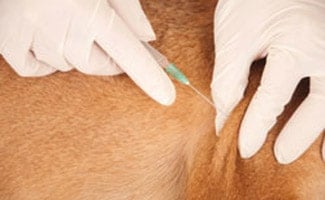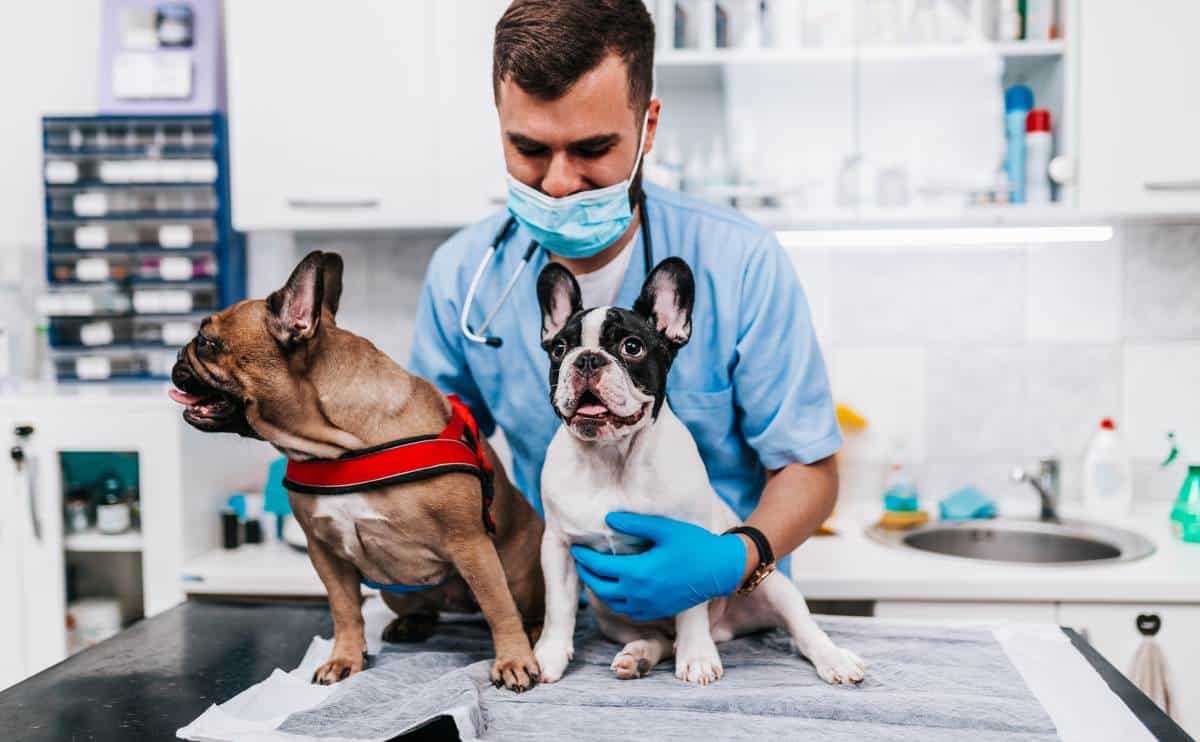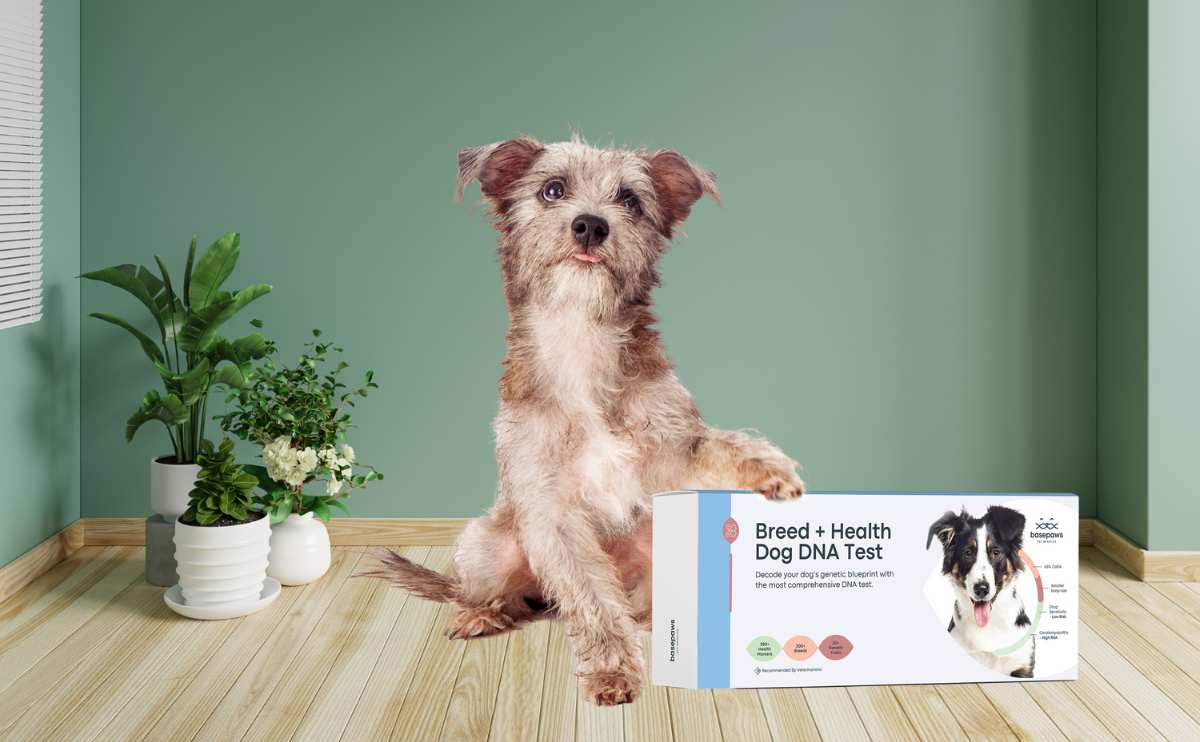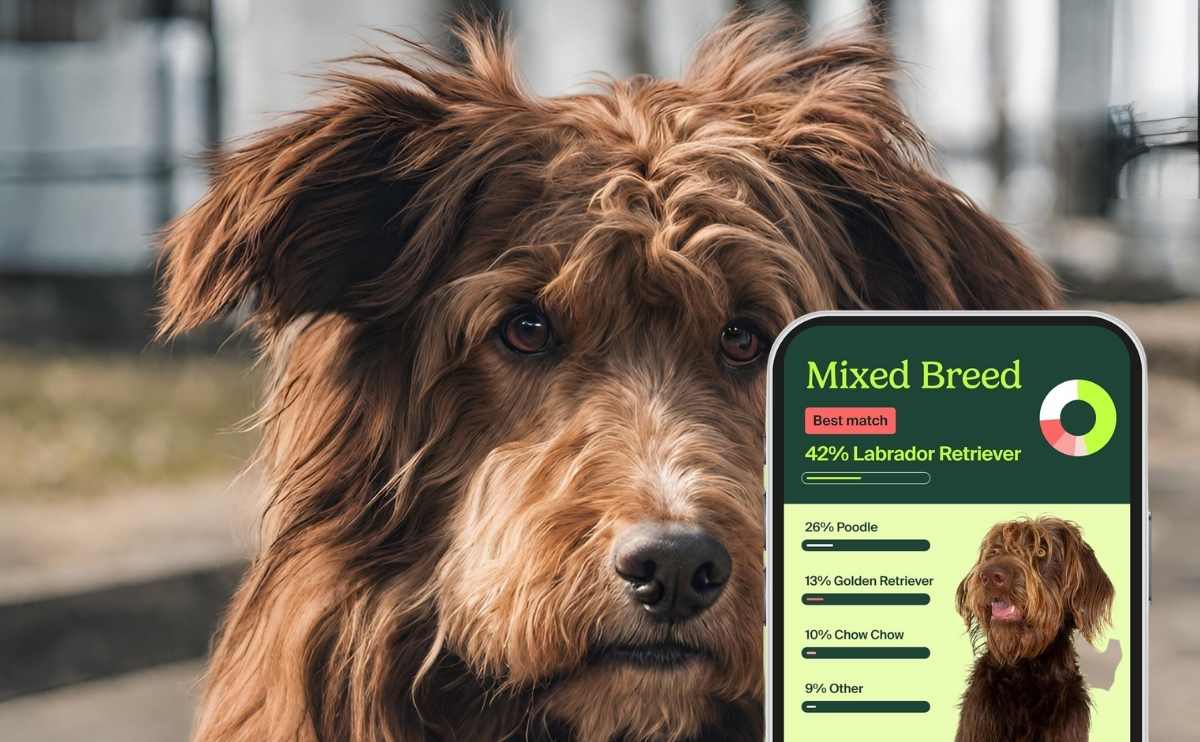When you purchase through links on our site, we may earn a commission. Here’s how it works.

Congratulations! Adding a new dog to your family is exciting, but you’ll want to know who you should avoid when searching for the perfect dog for you. Finding a breeder who has the best interests of both you and the dog is absolutely crucial.
How To Tell A Puppy Mill From A Breeder
It’s essential to be able to tell the difference between a puppy mill vs a breeder.
What Is A Puppy Mill?
Puppy mills are commercial dog-breeding facilities that focus on increasing profit with little regard for the animals’ health and welfare. Puppy mills are legal in the United States, but the vast majority of them aren’t regulated.
The conditions and practices in most puppy mills are unethical and downright despicable. They often don’t give dogs enough food or water and neglect veterinary care. And they breed female dogs at the earliest opportunity and as frequently as possible.
Inbreeding is also common in puppy mills, resulting in dogs with poor health during their lifetime. This turns into hefty vet bills for those who adopt from a puppy mill.
One red flag of a puppy mill is that they won’t be able to share the dog’s personality with you. If you ask them about the dog’s activity level, how they are with children, what toys they like, etc., they often can’t share these specifics with you.
Puppy Mill Red Flags
- Small cages with wire floors (these can hurt a dog’s feet and legs).
- Cages stacked on top of one another.
- Unclean environment.
- Puppies separated from their mother before six weeks old.
- The seller breeds many different purebreds or “designer” hybrids.
- They offer to ship the dog to you without meeting in person (reputable dog breeders do not ship puppies).
- Refuse to show you where they keep their dogs.
- They don’t take an interest in your home and life (reputable breeders want to know what type of life the dog will have).
- If you can click and buy without any screening, it’s most likely a puppy mill.
- They don’t request that you bring the dog back to them if you cannot fulfill your obligation as the dog’s parent.
This video shows what puppy mill conditions can look like.
Puppy mills sell most of their dogs through pet stores or by placing ads on the internet or in the newspaper. Most reputable breeders don’t need to advertise on the internet to find homes for their dogs.
Being aware of these puppy scams can help you avoid puppy mills.
What Is A Responsible Dog Breeder?
Dog breeders select dogs carefully to mate, intending to produce a specific breed with certain qualities and characteristics. Most breeders strive to produce dogs with excellent health histories by mating dogs that have good bloodlines.
A responsible dog breeder will have spent years researching pedigrees of the breed and is extremely knowledgeable about the breed as well as the line they breed. They’ll be able to tell you about the generations behind the dogs and are there for you and the dog at all life stages, from puppy to senior.
Need Help Choosing A Breed?
Read our handy guide on how to pick a dog breed. We give you all of your lifestyle factors and dog characteristics to consider to find the best fit for you and your family.
How To Find A Reputable Breeder
Did you know that 34% of dogs but only 3% of cats are obtained through a breeder? The best way to find a responsible dog breeder is to ask around. Consider asking the following people if they know of a reputable breeder in your area.
- Veterinarians
- Dog trainers
- Friends, family, and neighbors who own a healthy purebred dog
- Local breed clubs
- Attend a dog show and start up conversations with spectators and participants
Characteristics Of Reputable Dog Breeders

How do you know if a breeder is reputable? Here are some common characteristics to look out for:
- Will show you around the puppy’s environment and introduce you to the puppy’s parents
- Will share the puppy’s medical history and vaccine record as well as the vet’s contact info
- Common for them to have waiting lists
- Willing to answer questions about the puppy’s care, background and breeding practices
- Asks about you, your family’s lifestyle, why you want this kind of puppy, how you will care for and train the dog, etc.
- Does not pressure you to buy
The Humane Society also has a helpful guide of what you should look for in a responsible breeder and what the breeder may require of you.
A responsible breeder may mention that their litters are registered with the AKC and have a registration certificate. This allows dogs to be eligible to compete in AKC sports and events. You can learn more about the AKC’s breeder programs and services here.
They should also allow you the opportunity to validate the pedigree of the dog you wish to adopt. A mail-in parentage test from EasyDNA can provide a scientific analysis of the dog’s ancestry with 99.99% accuracy.
How To Buy A Puppy From A Reputable Breeder
Once you’re confident you’ve found a reputable breeder, they will discuss how to pay for the dog. Remember, never pay for a dog you haven’t met in person and spoken to the seller in person.
The breeder will explain how much the dog costs, when payment is due, what forms of payment are accepted, and any other details. There may be a contract for you and the breeder to sign, which may include the agreed-upon fee as well as a commitment for you to properly care for the dog (and if at any point you are unable to do so, you must return the dog to the breeder).
The Benefits Of Adopting A Dog
If the dog breed isn’t relevant to you, we highly encourage you to visit your local dog shelter and consider adopting a dog in need. We’re big advocates of adopting from dog shelters because we feel you’re saving a life. Most dogs who come from breeders have no trouble finding homes. Unfortunately, we cannot say the same for shelter dogs, and sadly, due to overpopulation, too many of them end up euthanized.
Tagged With: Adoption

